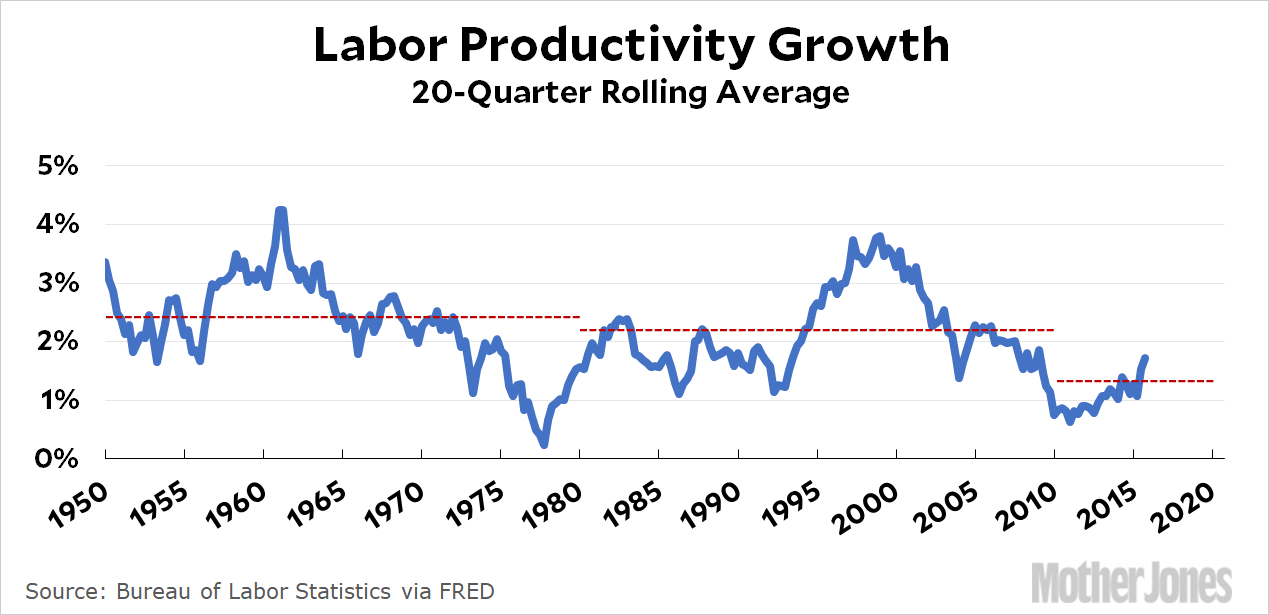This is a battle that I suppose I have no hope of winning, but it would sure be nice if journalists (and marketing folks) could stop throwing around the term AI for everything that works a little better than it did last year. It’s true that some of the advances in things like machine learning, quantum computing, and conversation bots have been pretty stupendous. My jaw drops at some of this stuff, and yours should too. Nonetheless, none of it is artificial intelligence or, really, even very close to it. It’s like calling the original dynamo of the 1830s an electrical generating network. Those dynamos were important because they made things like telegraphs and telephones possible, but true electrification was still decades away. Likewise, what we’re doing today may end up as the foundation of true AI, but we aren’t there yet.
You may wonder why I care. A little marketing hype never hurt anyone, after all. The reason is that I believe AI will cause massive dislocations in the labor market, and we’d best get ready for them. One of the most common counterarguments, however, is that if AI robots were truly putting people out of work, then we’d see labor productivity going up. (Fewer people making more stuff = higher productivity.) But that’s not what we see:

Not only has labor productivity declined a bit over the past 60+ years, but it’s cratered over the past ten years, precisely the time when AI has supposedly started making huge inroads. So the doomsayers are wrong, wrong, wrong.
Ahem. We would be wrong if the past ten years really had seen the introduction of true AI. But it hasn’t. Nevertheless, a lot of people are persuaded by this argument because they hear, on nearly a daily basis, about some new AI breakthrough.
Bottom line: We don’t have AI yet. We’re still a decade or two away from true, human-level AI. In the meantime, what we’re getting is baby steps toward improved automation, which will have a growing impact on the labor market (for example, when self-driving cars and trucks become a reality) but probably won’t lead to massive dislocations.
But around 2030? Or maybe 2035? All hell is going to break loose. I’m still not sure precisely what we can do about this, but the first step is to at least understand what we are and aren’t dealing with today.


















